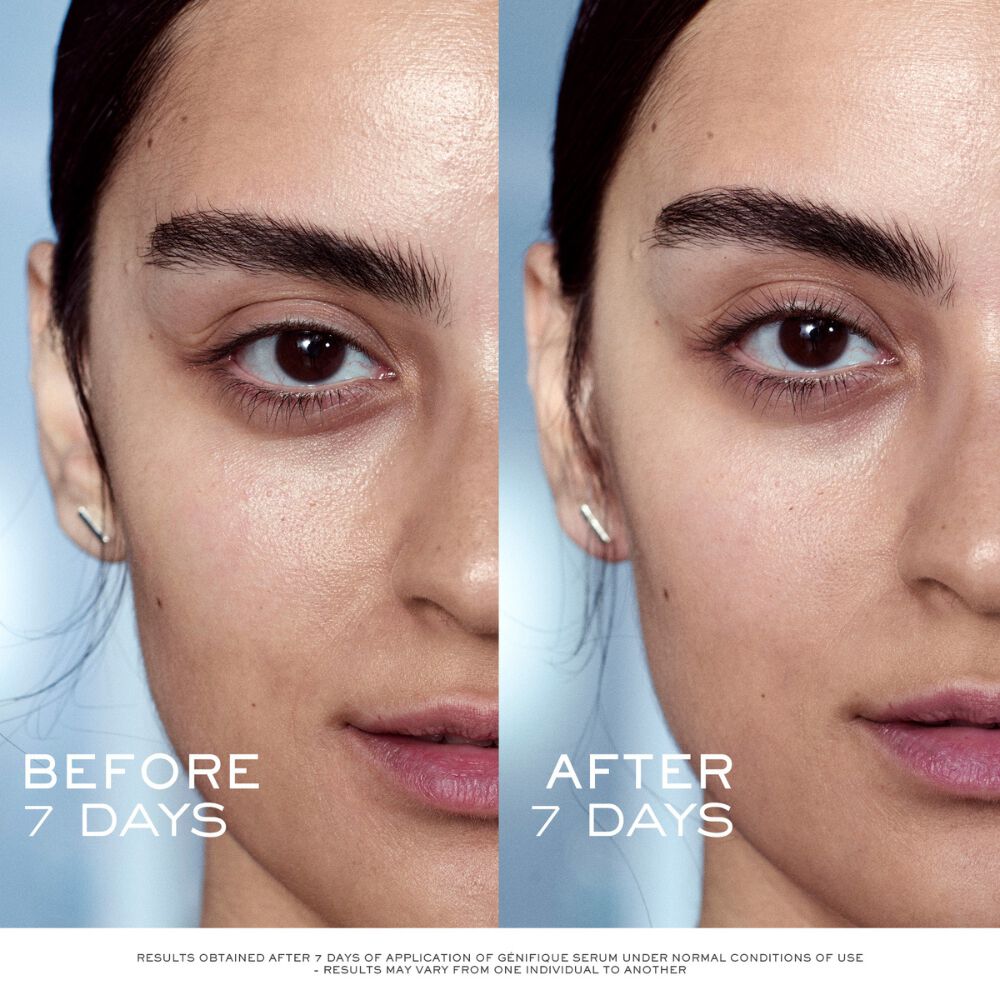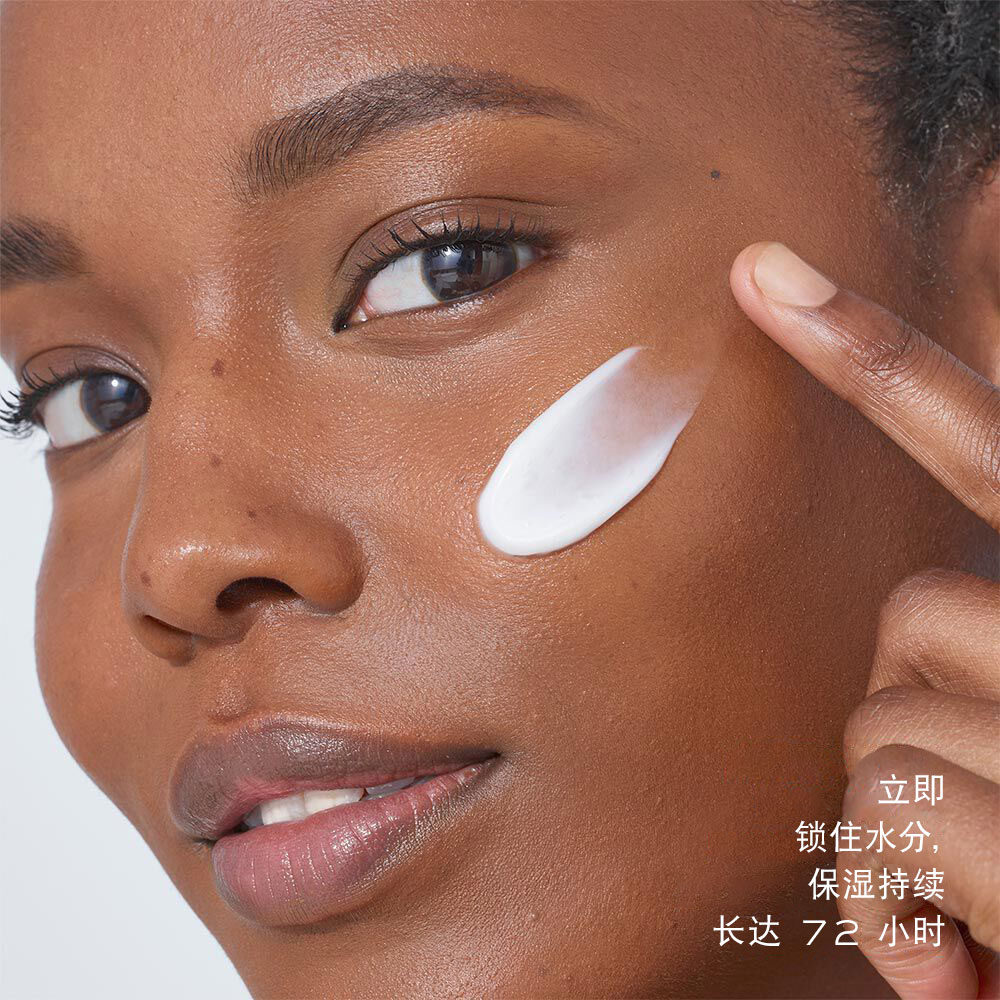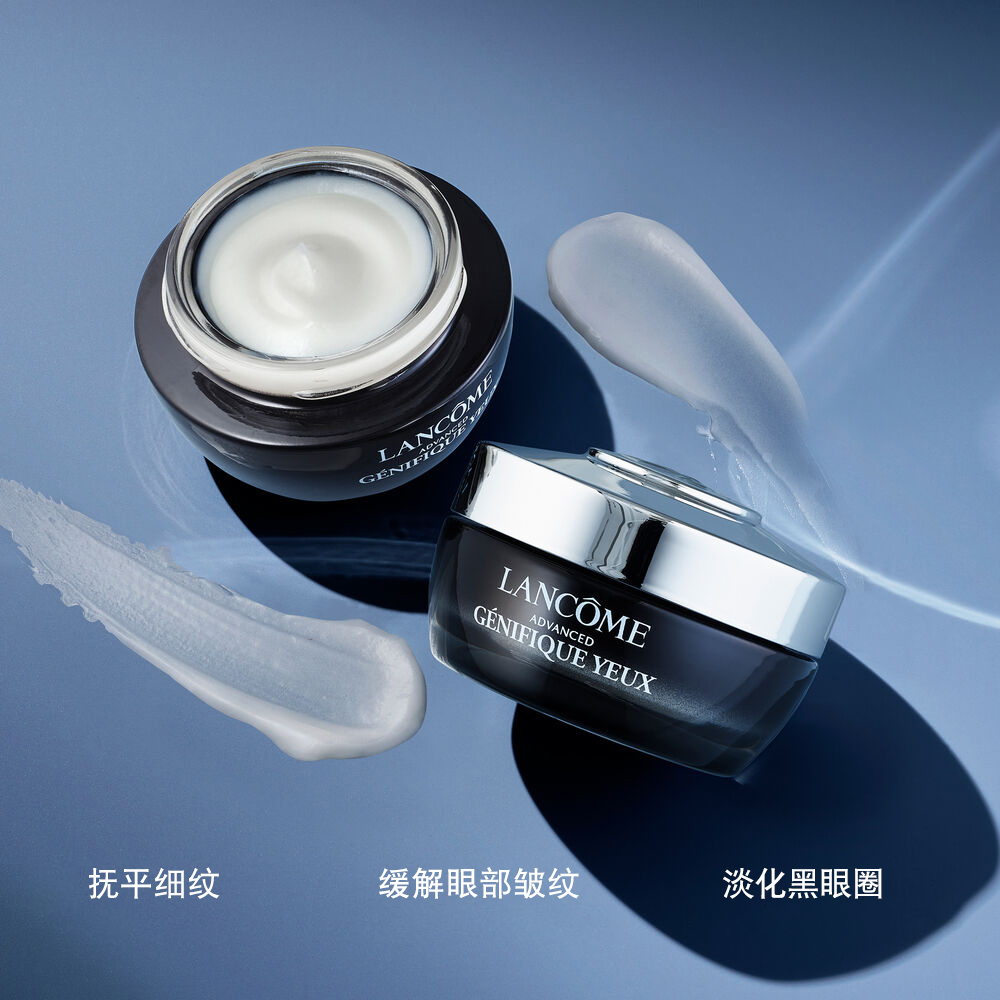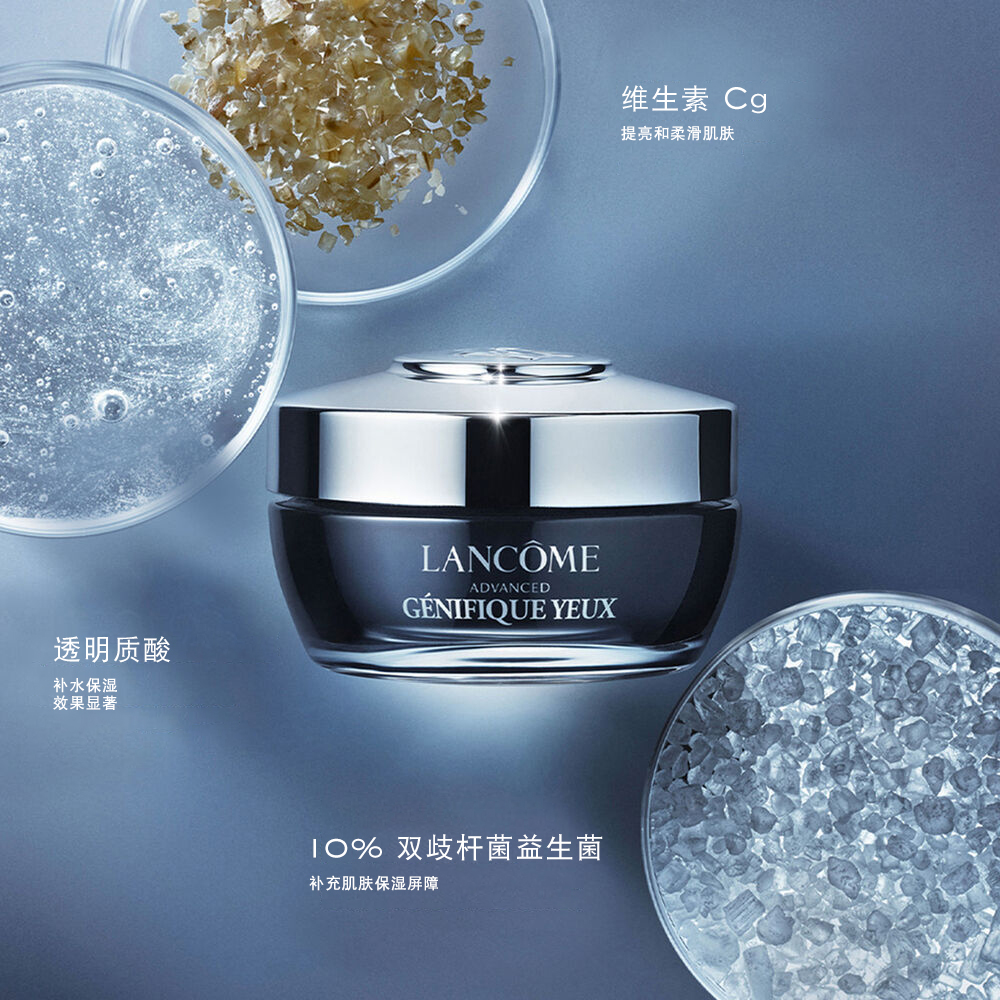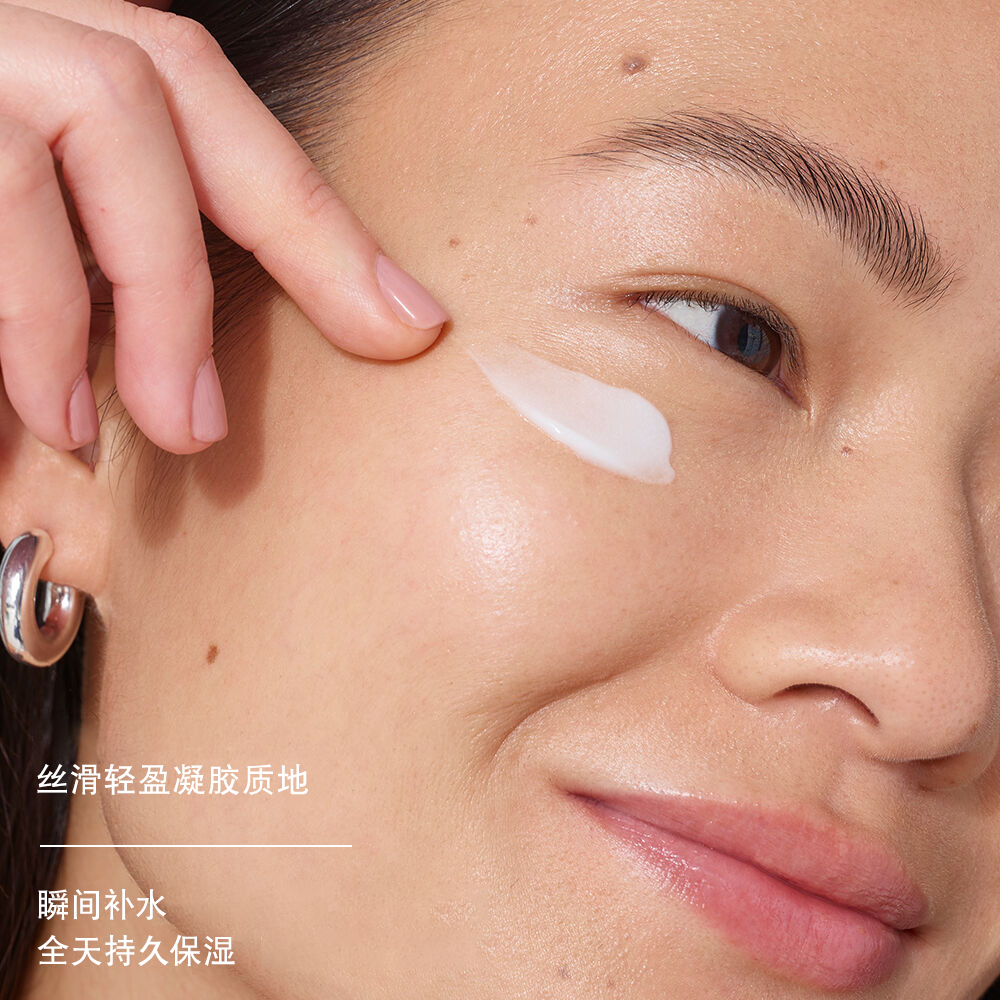如果像时钟一样,你早上醒来时皮肤看起来干燥而暗沉,这不仅仅是你的想象力:当你睡觉时,皮肤干燥真的可能发生。你的肌肤在一夜之间自然会失去水分,这就是为什么夜间的策略性护肤程序,包括良好的面部保湿霜,是必不可少的。
当你睡着了,你的皮肤发生了很多事情。我们将从好消息开始:皮肤细胞在夜间进入修复模式,从白天造成的损伤中恢复过来。1 但同时,皮肤也会失去水分,这可能导致早晨皮肤干燥。
无论皮肤类型如何,每个人都会经历这种夜间水分流失;这只是您身体在工作中的昼夜节律。根据发表在Journal of Investigative Dermatology上的研究,在夜间,你的皮肤屏障往往功能下降,这意味着它更具渗透性 - 因此分子更容易进出。事实上,它是如此可渗透,以至于有证据表明,经表皮失水或TEWL往往在晚上比白天高。2
TEWL 意味着皮肤内的水分会蒸发,这不仅会使皮肤干燥,还会产生其他影响。通过皮肤屏障的水分流失也会影响细纹和皱纹的出现。
这显然并不理想。然而,这一过夜事件的上行空间。根据相同的研究,您的皮肤屏障在晚上更具渗透性。这也意味着您在夜间护肤程序中涂抹的护肤产品,如面部保湿霜,可能比一天中的其他时间更能被肌肤表面吸收。3因此,这意味着涂抹护肤配方的时机可能也是不错的时机——首先考虑使用玻尿酸精华液和干性皮肤保湿霜。
考虑到这一点,最好的夜间护肤程序是包含多种含有透明质酸和神经酰胺等成分的保湿产品。透明质酸,对于未引发的,被称为由身体自然产生的湿润剂,它吸入并保留水。同时,神经酰胺是天然存在于皮肤屏障中的脂质,有助于保持其强化。4干燥皮肤的理想保湿霜将含有脂质和保湿剂。

如何打造夜间护肤流程

良好的夜间护肤程序总是从清洁开始。清洁是晚上的重要一步,因为它有助于清除除任何化妆品外全天积聚的任何污垢和油脂。选择一款有助于深层清洁肌肤的洁面乳,为您的夜间护肤程序打造完美底妆,而不会过度干燥。我们的最佳推荐是 Crème Radiance Cleanser,这是一种清透乳霜至泡沫洁面乳,可深层清洁毛孔,不会过度干燥,温和卸妆,甚至防水,溶解杂质并净化肌肤。

接下来,涂抹采用透明质酸配方的精华液以及其他保湿成分,以及支持肌肤保湿屏障的成分。我们建议使用 Advanced Génifique Face Serum,加强肌肤的保护性保湿屏障,令肌肤健康、光彩照人。面部精华可以在早上和晚上使用,以帮助改善脱水或皮肤变薄引起的弹性和细纹的外观,最终会加深皱纹。

最后,使用我们的晚霜 Advanced Génifique Repairing Night Cream 密封。这款晚霜含有 10% 双歧杆菌益生元、透明质酸和三重神经酰胺复合物,有助于在睡眠期间修复肌肤的保湿屏障。当晚霜瞬间锁住水润,持续 72 小时时,晚霜可整夜恢复水润和丰盈,使您醒来时肌肤看起来容光焕发,得到良好休息。别忘了使用 Advanced Génifique Eye Cream 等眼霜来帮助滋润眼部区域。
1 https://www.ncbi.nlm.nih.gov/pmc/articles/PMC6777699/#__sec3title
2 https://www.sciencedirect.com/science/article/pii/S0022202X15373590
3 https://core.ac.uk/download/pdf/82796995.pdf
4 https://www.ncbi.nlm.nih.gov/pmc/articles/PMC4885180/#sec1-3title






